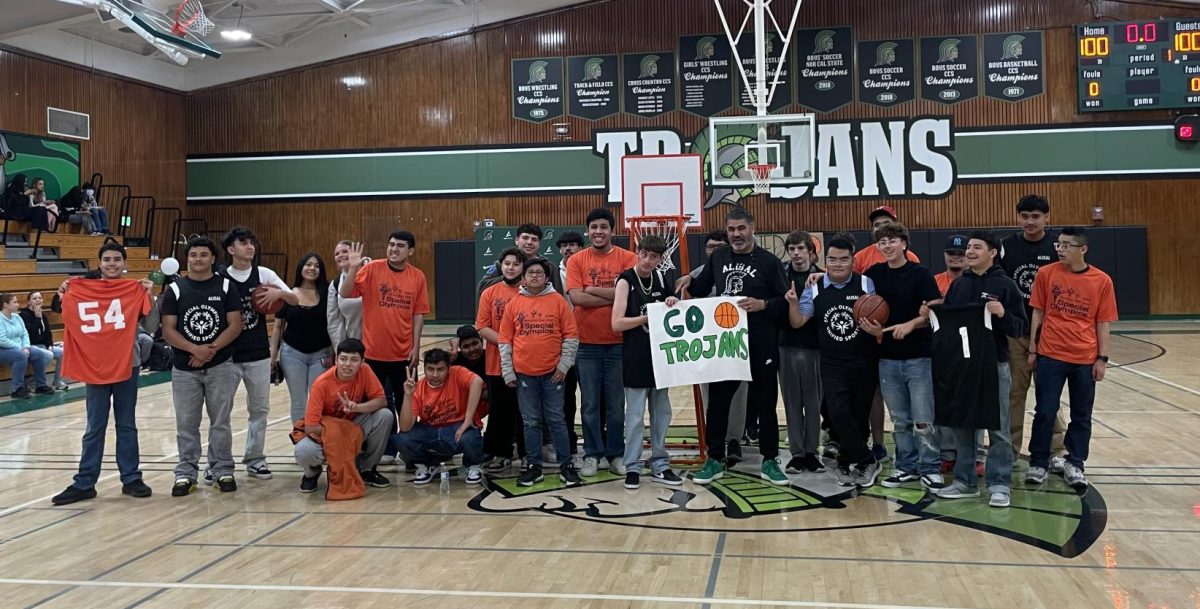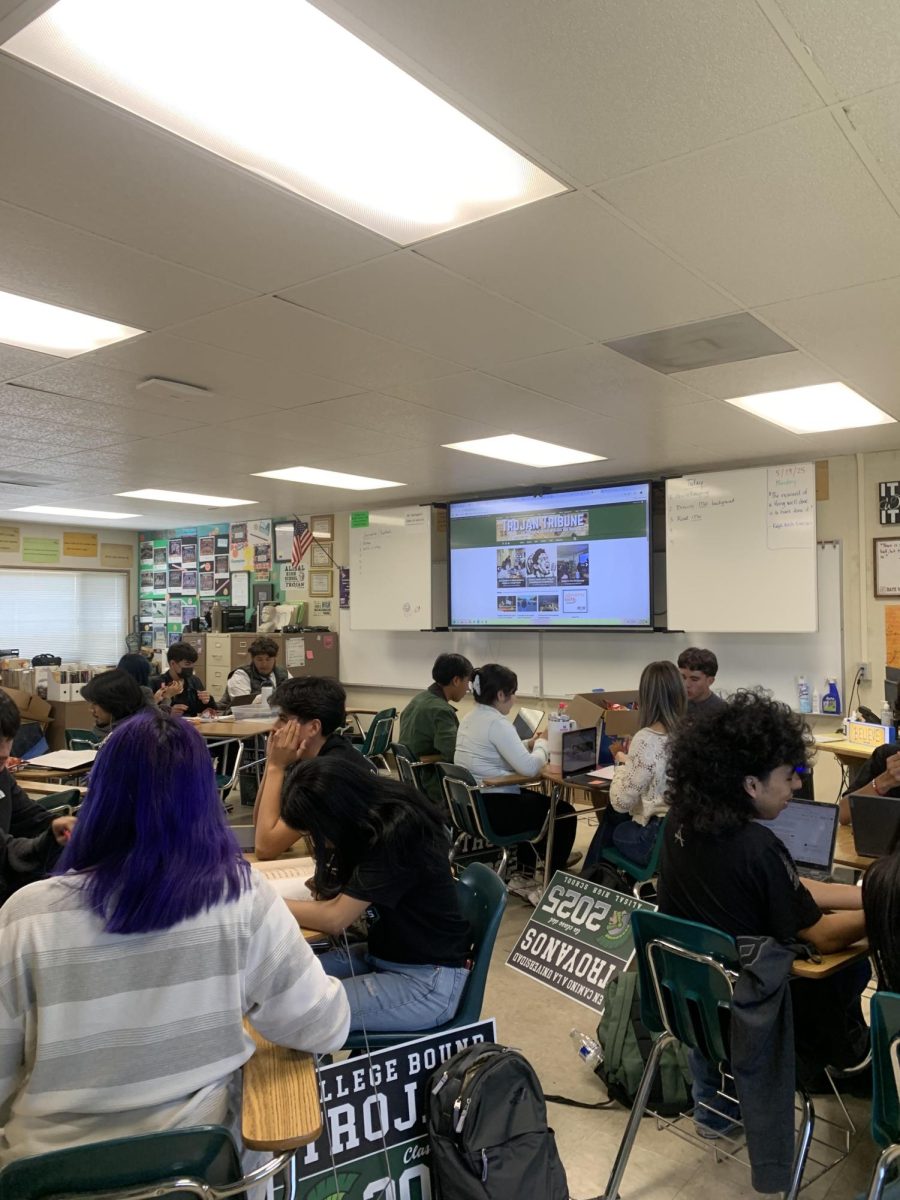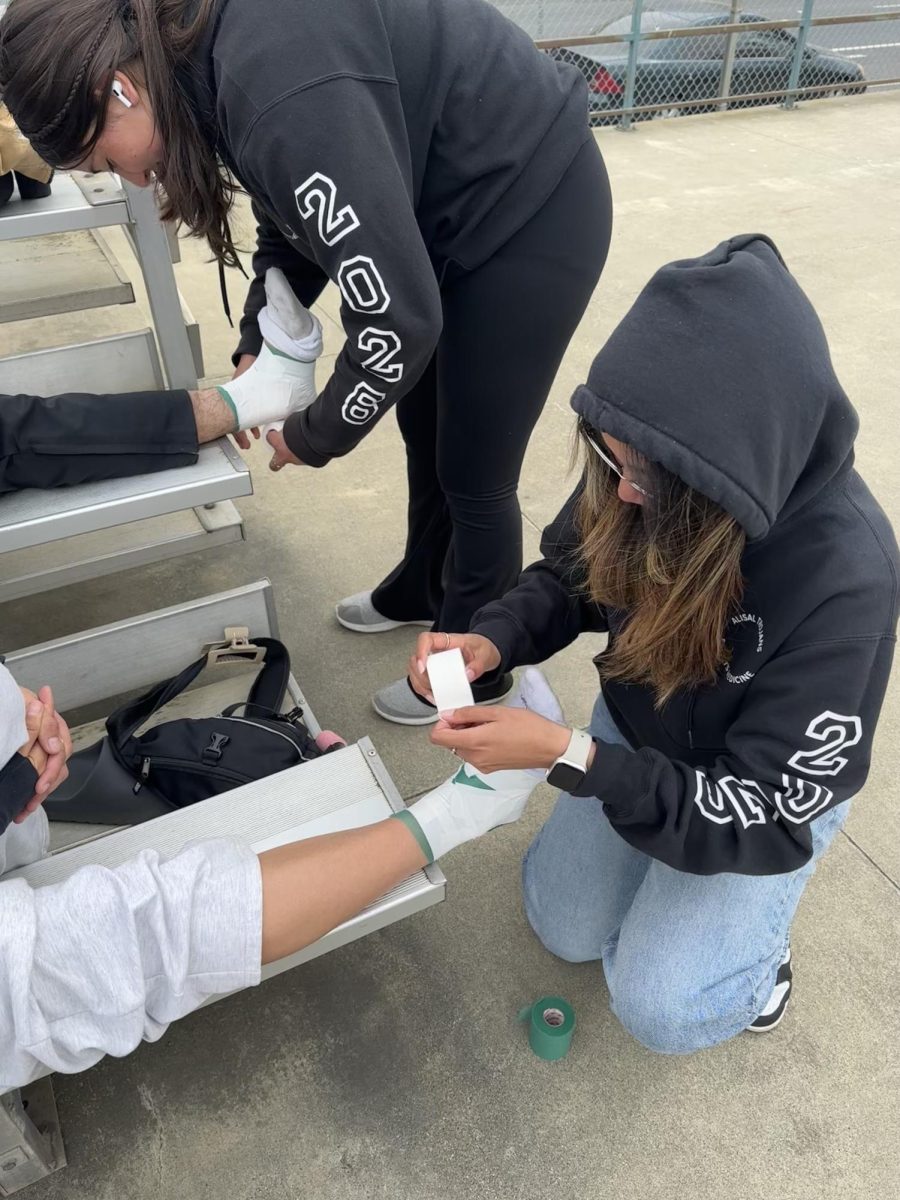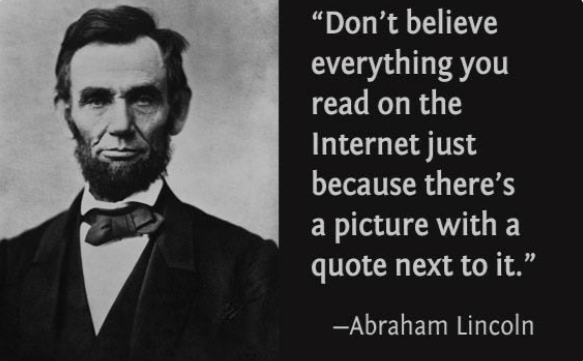Online Privacy
There has always been issues in regards to privacy online. But more recently, it has become a bit of a controversial topic. Many people are completely and justifiably opposed to the idea of being surveillanced while surfing the web, others however, believe this sort of surveillance will provide the user with a far more personalized internet experience.
It’s difficult to understand how much online privacy we have without defining the term itself. Internet privacy is the right to keep the accumulated user data from being repurposed and/or sold to third-parties. Basically, this means that the stuff you do on the internet (like searching on google or downloading free apps) cannot be stored and sold to others for the purpose of marketing.
If you’ve ever felt like you’re completely anonymous on the web, well think again. Many would assume that due to their anonymity, they can say things they normally wouldn’t in the real world. But this isn’t the case, according to Julia Angwin, an investigative reporter, “There’s been a lot of research that shows that basically people’s traces and actions are very unique and when you get a large set of data that has all these varied specific actions taken by people, that you can re-identify them…” A scary thought, right? Everything you have ever written, anonymous or not, is saved on a hard drive somewhere and can be traced back to you.
In a sense, the data all the websites have of you say more about you than you know about yourself. All those random google searches you’ve done are extremely revealing in terms of who you are. Websites like Facebook, Twitter, and Tumblr all have so much of your personalized data, all the ads you see are more than likely targeted to you because of your interests. How often have you liked something on Facebook and immediately you start seeing ads that are exceptionally similar to the post that you liked? I’ve noticed it quite a few times and while I find it annoying, I never once took under consideration how everything I do online is basically monitored.
One of the biggest fears that the lack of online privacy poses is the possibility of hackers posting private information. According to an NBC news article, “a hacker posted tens of thousands of credit card numbers stolen from CD Universe on a Web site; he offered to share more for $1 apiece.” Identity theft is a huge concern for many people, and also a harsh reality for some.
On the other side of the spectrum we have those who would be more lenient and accepting of online surveillance though, predominantly the future generations. According to a CNN news article, “It’s also possible that over the next five to 10 years, people’s attitudes toward privacy and their data will change, and they’ll be willing to share more personal information, attached to their real world identity, in exchange for more heavily customized computer experiences.” Is a very personalized experience truly worth being watched?
Perhaps in some ways it could be beneficial, but of course it would need to be publically authorized. Imagine, entering virtually any site and finding all of your interests immediately. For example, entering a shopping site and you can be instantly matched with clothes you like. Or maybe searching for scholarships that you can actually qualify for. The possibilities are endless.
At this point, however, the cons outweigh the pros. Our data is valuable to advertisement companies and we deserve to know how and why our information is being used. The threat that hackers pose is far too real to completely accept the collecting of data. Sure we could have a very personalized experience on the web if we openly accepted the use of our data, but the security is not reliable enough at this point in time.
Your donation will support the student journalists of Alisal High School. Your contribution will allow us to purchase equipment and cover our annual website hosting costs.


























